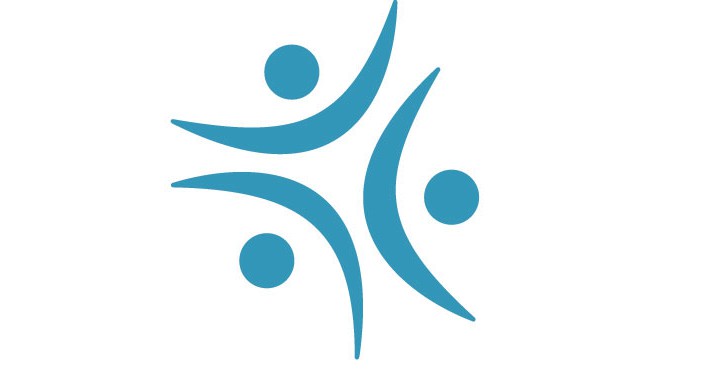
Northern Health and the BC Government are running campaigns aimed at reducing the stigma around drug use.
The health authority ran a video series called Stop Stigma relaying the negative impacts, which can result in discrimination and can contribute to overdoses.
Similarity, the province ran a series of TV commercials last year called Stop Overdose BC as a way to humanize drug use.
Harm Reduction Lead for Northern Health Rheanne Sanford points out that most people who use drugs use it as a means to cope with certain issues.
“People that use substances problematically often have lots of past experiences, lots of childhood events like trauma, loss, and neglect in their past so it’s really important to understand that they use that substance to cope.”
By putting a label on people who use drugs further drives a wedge into their efforts on getting help according to Sanford.
“In a time where the substances people are using are so highly toxic with things life fentanyl when we stigmatize it leads to more isolation and people die by themselves.”
“There’s a lot of misconceptions and ideas around substance use and a lot of it has to do with the idea that it’s a choice and that people are choosing to do these things but when you begin to work with populations of people who use drugs you begin to understand that part is not true.”
Using “person-first” language is one way Northern Health is trying to stop the stigma around drug use in the region.
Sanford believes by doing this, the health authority identifies people who use drugs as humans first because often times people will label substance abusers as addicts, junkies, and users, which builds the stigma instead of unpacking it.
She points out to Vista Radio the different types of people who use drugs might surprise you and aren’t always those who are most vulnerable.
“It might dawn on someone that oh, I might know someone I work with that might use a substance and they’re a great dad or a great hockey coach and yet they still have this component in their life and it doesn’t make them less human or less deserving of respect or care.”
“I think it is really great to broaden the conversation so that it’s not focused on a population that’s really visible in our community, which tends to be people on the street or people that don’t have homes.”
“Substance abuse happens across the lifespan.”
WATCH
Something going on in the Prince George area you think people should know about?
Send us a news tip by emailing [email protected].






